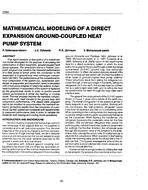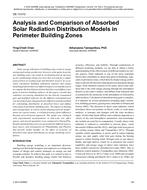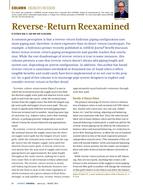Click here to purchase
Semi-Transparent Photovoltaics (STPV) can be integrated on Double Skin Facades (DSF) to enhance the electrical and thermal performance of a building. In a mechanically ventilated DSF, the heat extracted from the DSF can be used to increase the Coefficient of Performance (COP) of a heat pump based mechanical system, or it can be introduced directly to the building. In addition, the STPV integrated on the outermost layer of the DSF, can control the solar gains, may allow controlled levels of the daylight into the zone and creates a microclimate around the building. In the present study we investigate the mismatch between the electricity production by the STPV and the electricity needed for heating and lighting by the adjacent building zones and develop ways of reducing this mismatch. A DSF-STPV combination, coupled with battery storage within the building, is considered in order to shift the peak demand of the building and provide better matching of generation and loads. Because STPV is integrated in the DSF, the heating demand during the day decreases as the building receives solar heat gains and at the same time produces electricity. This electricity produced by the STPV can be stored in a battery and later be used at the grid peak hours to reduce the peak demand by operating the heat pump. The preheated air, that is flowing within the cavity of the DSF-STPV, assists an air sourced heat pump to increase its COP and the heat produced is used to keep the building warm during the grid peak hours when the set point is reduced. With the use of such a predictive heating strategy, the peak demand of the building can coincide with the peak of the solar electricity production resulting in more than 80% reduction in the electricity consumption during the peak demand hours of the grid.
Citation: 2020 Virtual Conference Papers
Product Details
- Published:
- 2020
- Number of Pages:
- 8
- Units of Measure:
- Dual
- File Size:
- 1 file , 1.6 MB
- Product Code(s):
- D-VC-20-C015


